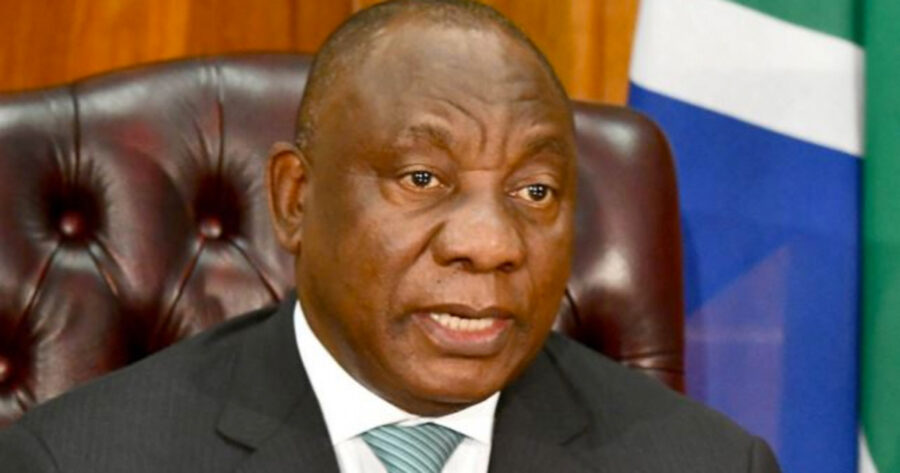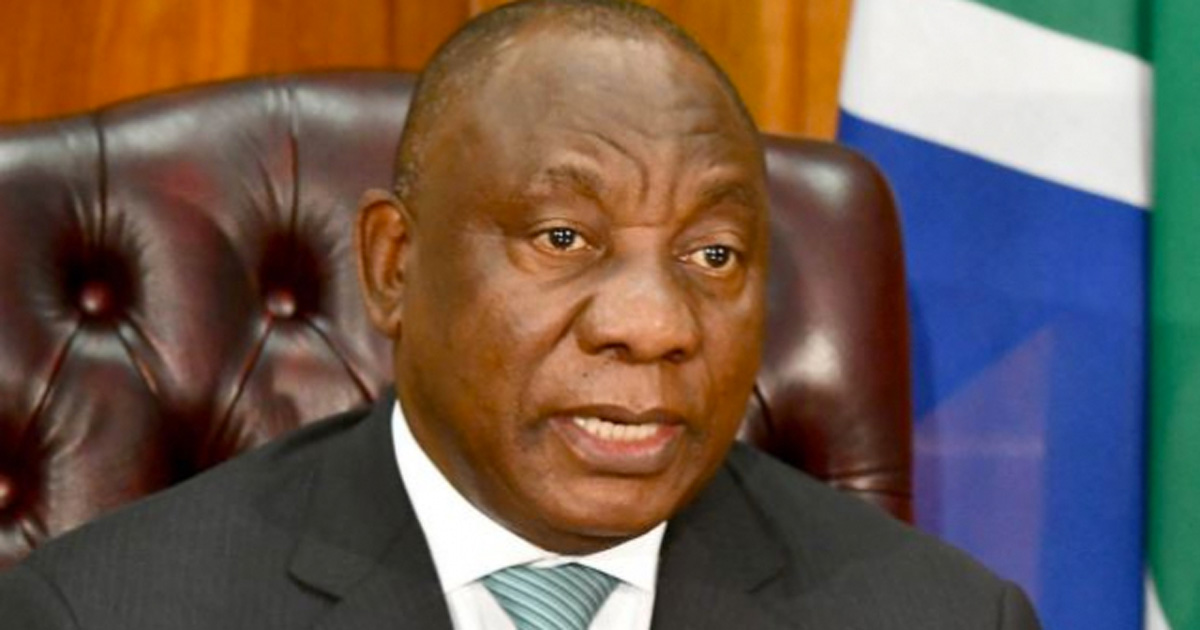
Signs of Daily Infections in South Africa Stabilising
After a rapid rise in COVID-19 infections over the last two months, the daily increase in infections appears to be stabilising, particularly in the Western Cape, Gauteng and Eastern Cape… signalling the peak may have been reached. South Africa has recorded more than half a million confirmed cases of Coronavirus. Of the cumulative total of […]

After a rapid rise in COVID-19 infections over the last two months, the daily increase in infections appears to be stabilising, particularly in the Western Cape, Gauteng and Eastern Cape… signalling the peak may have been reached.
South Africa has recorded more than half a million confirmed cases of Coronavirus. Of the cumulative total of 503 290 cases, 342 461 people have already recovered and 152 676 cases are currently active.
“The global Coronavirus pandemic is the most serious public health crisis that the world has faced in over a century. On every continent, nations have struggled to contain the spread of the virus and to contend with its effects,” said President Cyril Ramaphosa in a statement on Saturday, on progress in the national Coronavirus response.
“In our own country, 8 153 people are known to have lost their lives, and the actual number of deaths due to the virus is likely to exceed this figure. We deeply mourn this loss and offer our sympathies to the families and friends who are in grief,” said President Ramaphosa.
COVID-19: Bracing for Impact
From the low average of just 200 daily confirmed infections to record highs averaging in excess of 13 000 new cases every day, South Africa has been on a fast track to a national crisis as the coronavirus pandemic hammers the healthcare system. Medical staff are already exhausted, hospitals are running low on ICU beds and funeral parlours are buckling under the weight of growing COVID-related burials. As various parts of the country seemingly reach the initial peak of infections, Carte Blanche investigates tonight (Sunday 2 August) whether the health care system can cope with the additional pressure. (Watch the show overseas from Tues | Watch in SA on DStv Now tonight)
According to President Ramaphosa, the current SA statisics show that “while it may be too soon to draw firm conclusions, this suggests that the prevention measures that South Africans have implemented are having an effect”.
From Italy, Spain and the USA… Now it seems South Africa is facing the peak of the first wave of #coronavirus patients as the daily infection numbers continue to soar. @DerekWatts asks: are we prepared for the initial peak of this pandemic? Join us Sunday 7pm on #CarteBlanche. pic.twitter.com/Y4ry0LaOwi
— Carte Blanche (@carteblanchetv) July 28, 2020
Recovery rate in South Africa
President Ramaphosa said South Africa’s recovery rate is currently around 68%. The case fatality rate – which is the number of deaths as a proportion of confirmed cases – remains at 1.6%, significantly lower than the global average.
While South Africa has the fifth highest number of total COVID-19 cases globally, the country has only the 36th highest number of deaths as a proportion of the population.
For this, the President said he was grateful to the work of health professionals and the innovative treatments they have pioneered.
“Before the advent of the epidemic in South Africa, government set in motion a strategy to respond swiftly and comprehensively to protect as many lives as possible.
“The national lockdown succeeded in delaying the spread of the virus by more than two months, preventing a sudden and uncontrolled increase in infections in late March.
“Had South Africans not acted together to prevent this outcome, our health system would have been overwhelmed in every province. This would have resulted in a dramatic loss of life,” said the President.
Innovative use of South African skills and capabilities
During this month, the National Ventilator Project will deliver 20 000 locally-produced, non-invasive ventilators to where they are most needed.
A dedicated team drawn from several institutions, led by the Biovac Institute, is preparing to manufacture doses of a successful vaccine locally.
The President said they were working hard to fix the logistical and other problems that have led to a shortage of personal protective equipment for health workers and other frontline staff in several parts of the country.
“We understand the concerns and the frustrations of these essential workers and are committed to resolving this issue with the greatest urgency,” he said.
He added that law enforcement have been empowered to investigate all reports of alleged corruption and irregularities in the procurement of medical and other supplies. “It is unconscionable that there are people who may be using this health crisis to unlawfully enrich themselves.”
The President said: “I call on every South African to remain strong and steadfast in these most difficult times.” – SAnews.gov.za
